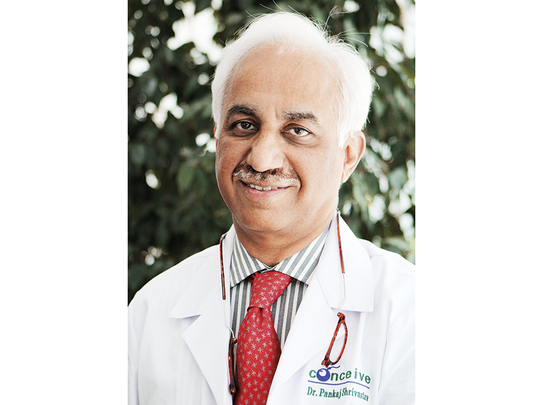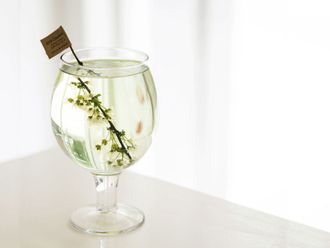
Dubai: There are many common myths related to fertility which need to be debunked. Let’s check them out:
Myth: Fertility is caused by bodily malfunctions, not environment. Plastic bottles release a chemical named bisphonols over time. This has an estrogenic effect which impairs spermatogenesis or the origination of sperm cell. So go eco-friendly!
Myth: Smoking harms lungs and not fertility. There is evidence which confirms that severe smoking leads to abnormal looking sperms, lower sperm count and less motile sperm production. There is evidence to indicate that heavy smoking results in erectile dysfunction in men.
Myth: Alcohol is associated with heart and liver disease not infertility. Alcohol also affects sperm morphology, count and motility. In men alcohol excess is known to cause a decreased libido. Studies show that women who drink between one and five alcoholic drinks a week are associated with decreased conception rates while regular drinkers face a risk of irregular ovulation, early menopause and miscarriages.
Myth: Body weight does not have a relation to fertility. Any unnatural weight gain is harmful as fat converts testosterone into estrogen. This lowers sperm production, sperm count and libido. In woman, a five per cent reduction in weight can help ovulation and fertility.
Myth: Exercising is for weight loss not boosting fertility. A fitness regime is important to balance out the calories we consume because here in Dubai we are painfully aware of the pounds we pile on.
Myth: Mental health and stress have no connection with fertility. It has been scientifically proven that stress is a cause and a result of sub fertility. It triggers a change in the regular hormonal balance. This could make ovulation, menstruation and conception more difficult.
Myth: I am still young and have plenty of time to plan a family. Couples should know when to seek reproductive medical advice. An ideal time for a young couple is a year of trying. However, if the wife is over the age of 35 and has not conceived within six months of trying then a consultation with a fertility doctor is a must.
- The writer is director of Conceive, the Gynaecology and Fertility Hospital










